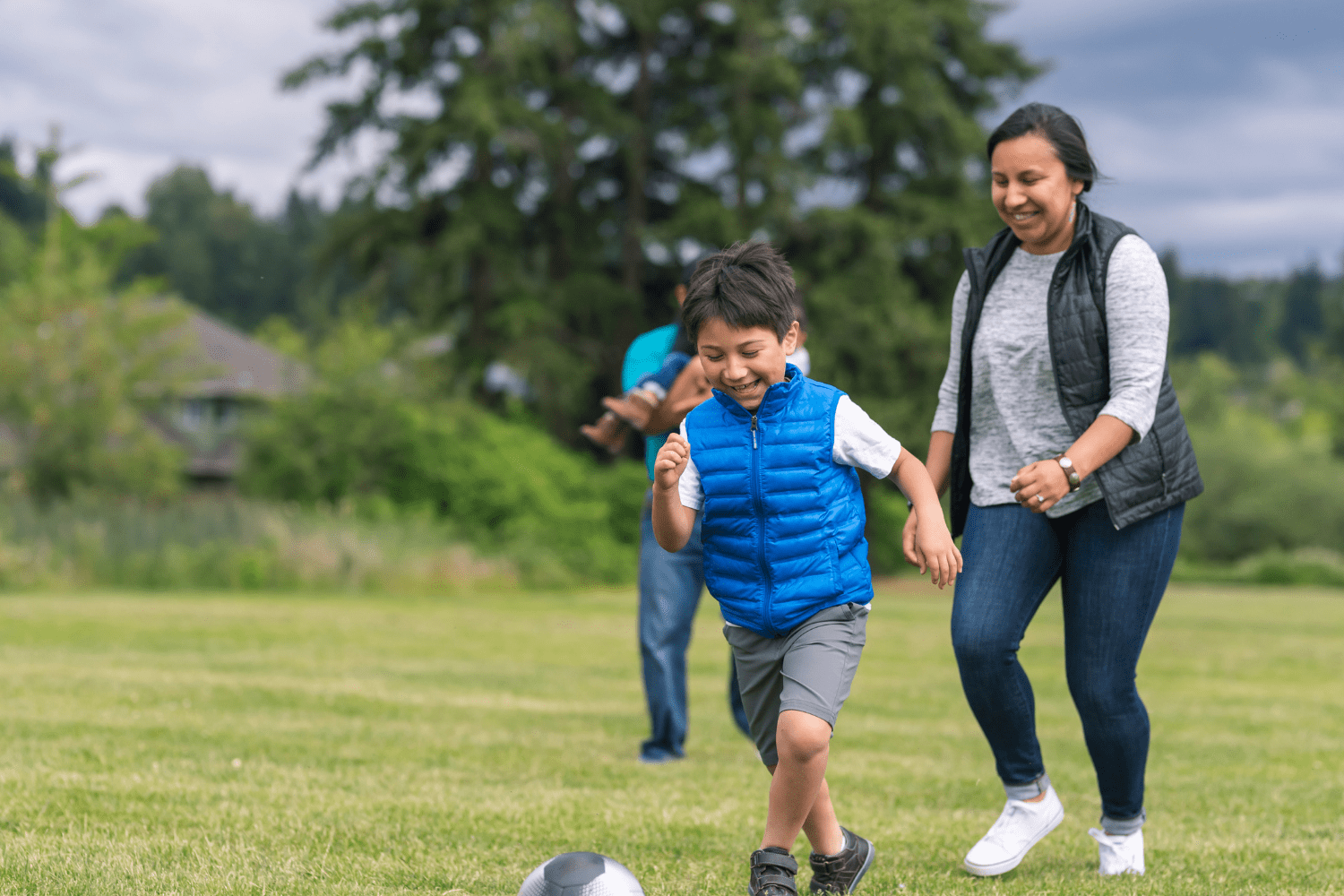Is my child constipated?

Constipation happens when your child doesn't go for a poo regularly, and is a common bowel problem.
Constipation can be difficult to recognise and can be missed.
Signs and symptoms of constipation
Your child may experience a combination of symptoms that can change over time. Here are some of the things you might notice:
The poo
- Pooing less than three times per week, and passing the occasional very large poo
- Foul smelling wind and poo
- Presence of blood, straining, sore bottom or itching
- Leaking liquid poo (overflow soiling)
Your child’s behaviour
- Not feeling hungry, a bloated tummy, tummy pain and feeling sick
- Lack of energy
- Irritable/unhappy and behavioural issues
- Fear of the toilet and withholding the urge to poo a large hard, painful poo
Night time
- Disturbed or poor sleep pattern
- Pooing at night whilst asleep (after one year of age)
- Dribbling wee or bedwetting due to pressure from the impacted bowel pressing on the bladder
What is soiling?
Some children may poo in their underwear – this is known as soiling, and is caused by a leakage of poo. Liquid poo leaks around a hard lump of poo that is causing a blockage. The leaked poo can appear as runny, so you might think your child has diarrhoea. Sometimes it might be hard little bits, or both, or a smear in their pants.
If constipation has been a problem for a long time, the lower bowel may have become overstretched, which may also be causing poo to leak out.
Children who soil themselves are not doing it intentionally. They can’t control when the poo comes out and may not even be able to feel it happening.
Older children will sometimes deny soiling or will hide their underwear because they feel embarrassed.
Things that can increase the chance of constipation
A family history of constipation can increase the chances of your child having it. Some medical conditions and medications can also cause constipation.
Lifestyle choices can also increase the chances of constipation. For example, not eating a healthy diet with plenty of fibre, fruit and vegetables, not drinking enough water and not getting enough exercise can all increase the chances.
Feelings and emotions can also cause constipation problems, such as:
- if your child is anxious or upset
- if there has been a change in routine, like going on holiday
- if they are entering into new environments or there is a new child in the family
They could become constipated because of how they are feeling about these things happening.
If your child has had a painful poo, they could be holding in their poo and avoiding going to the toilet. If your child doesn’t have a routine of going to the toilet, this can also increase the chances of constipation.
Constipation and soiling don’t happen because your child is lazy or doing it on purpose. It’s helpful for you and your child to remain positive and calm about the situation.
Constipation is treatable and the earlier it’s recognised, the easier it is to treat. Take a look at our advice for helping constipation.

